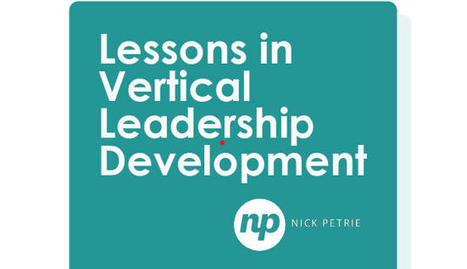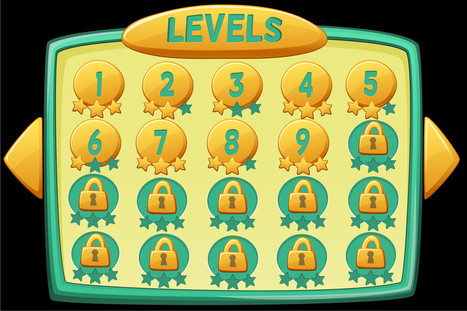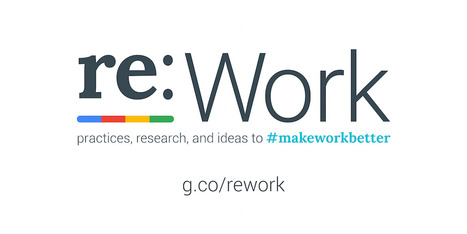Vertical development is becoming more well-known and talked about within leadership development. I’ve heard various people talking about the wonders and benefits and others talking about all the risks and dangers. Which is true? After using vertical development tools and models for 10 years, I thought I'd share the 7 most important things I’ve learned.
Research and publish the best content.
Get Started for FREE
Sign up with Facebook Sign up with X
I don't have a Facebook or a X account
Already have an account: Login
 Your new post is loading... Your new post is loading...
 Your new post is loading... Your new post is loading...
|
|


















Nick Petrie shares the 7 most important things he has learned about vertical development.
1. Leaders find it helpful on many levels
2. It is just a model: it is not ‘the answer’ or the only way of understanding humans.
3. Hold the stages lightly
4. You are too complex for any assessment to capture
5. You are not at a stage
6. Higher stages are not ‘better’
7. There are heroes at all stages